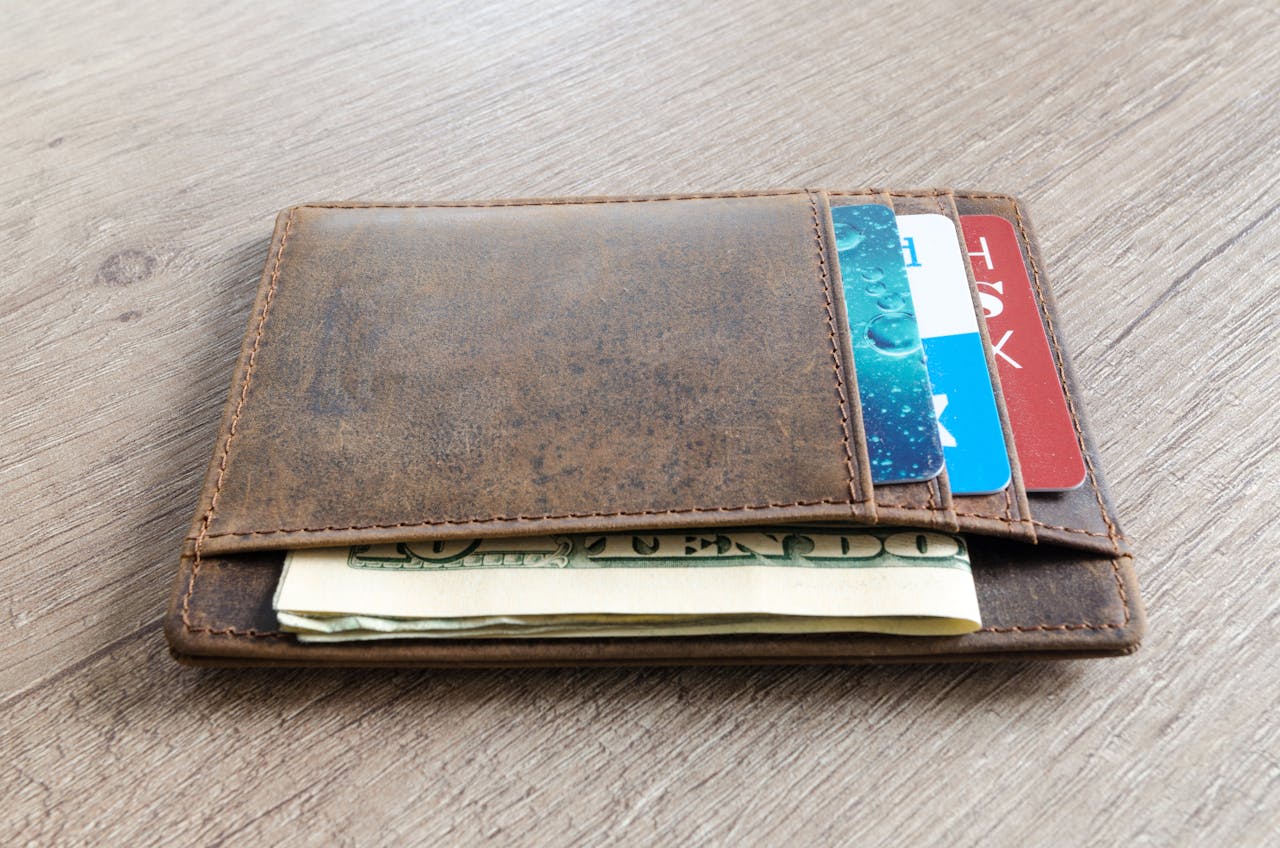Proactive Measures to Safeguard Your Credit Cards
In today’s digital age, where financial transactions are increasingly conducted online and through electronic means, safeguarding your credit cards has never been more important. With the rise of sophisticated cyber threats and the prevalence of identity theft, taking proactive measures to protect your credit cards can significantly reduce the risk of unauthorized transactions and financial fraud. In this article, we explore various settings and strategies that individuals can employ to enhance the security of their credit cards and mitigate the risk of fraud.
1. Enable Transaction Alerts: One of the most effective ways to stay informed about activity on your credit cards is by enabling transaction alerts. Many banks and credit card issuers offer this feature, allowing you to receive real-time notifications via email, text message, or mobile app whenever a transaction is made using your credit card. By promptly detecting and reporting any suspicious activity, you can take immediate action to prevent further unauthorized transactions and minimize potential losses.
2. Set Spending Limits: Another useful feature offered by many credit card issuers is the ability to set spending limits on your credit cards. By establishing maximum transaction amounts or daily spending caps, you can limit the potential damage caused by unauthorized transactions or fraudulent activity. This proactive measure not only helps protect your finances but also provides an added layer of security and control over your credit card accounts.
3. Enable Two-Factor Authentication: Two-factor authentication (2FA) adds an extra layer of security to your online accounts by requiring two forms of verification before granting access. Many credit card issuers offer 2FA options, such as one-time passcodes sent via text message or generated by a mobile app, to verify transactions or logins. By enabling 2FA on your credit card accounts, you can significantly reduce the risk of unauthorized access and protect your sensitive financial information from cybercriminals.
4. Use Virtual Credit Card Numbers: Some credit card issuers offer the option to generate virtual credit card numbers for online purchases. These temporary, disposable numbers are linked to your credit card account but are only valid for a single transaction or a limited time period. By using virtual credit card numbers for online shopping, you can protect your actual credit card number from being compromised in the event of a data breach or security compromise.
5. Monitor Your Credit Report: Regularly monitoring your credit report can help you detect signs of identity theft or fraudulent activity early on. By reviewing your credit report for unfamiliar accounts, inquiries, or suspicious activity, you can identify and address potential issues before they escalate into serious problems. Many credit monitoring services offer free access to credit reports and alerts, making it easy to stay informed about changes to your credit profile.
6. Secure Your Physical Cards: In addition to protecting your credit card information online, it’s important to safeguard your physical cards as well. Keep your credit cards in a secure location, such as a wallet or purse with RFID-blocking technology, and avoid leaving them unattended or accessible to others. If your credit card is lost or stolen, report it to your issuer immediately to prevent unauthorized use and request a replacement card.
In conclusion, becoming proactive with your credit cards is essential for protecting yourself against fraud and unauthorized transactions. By enabling transaction alerts, setting spending limits, using two-factor authentication, and monitoring your credit report, you can enhance the security of your credit card accounts and minimize the risk of financial loss. By taking these proactive measures, you can enjoy greater peace of mind knowing that your credit cards are secure and protected in today’s digital world.

Mary Smith – Writer – Finance, Relationships, Our Companions, Art & Culture







